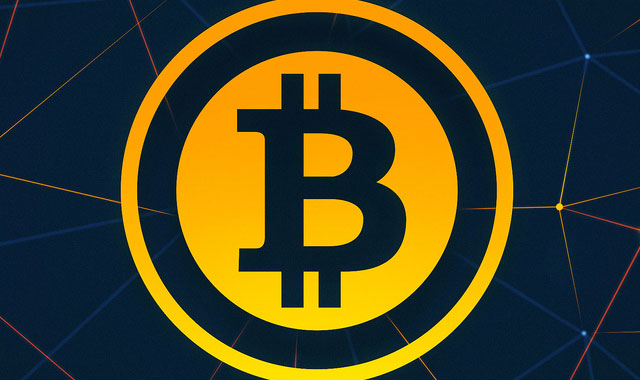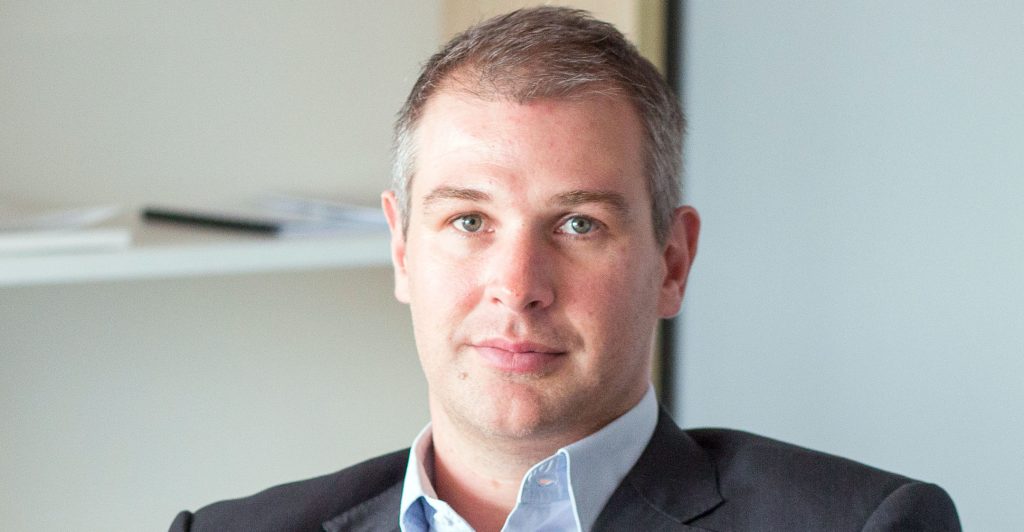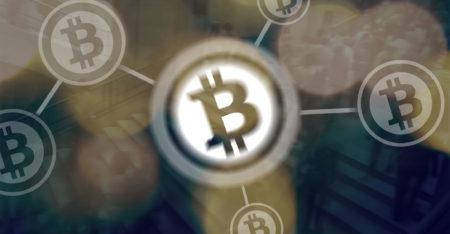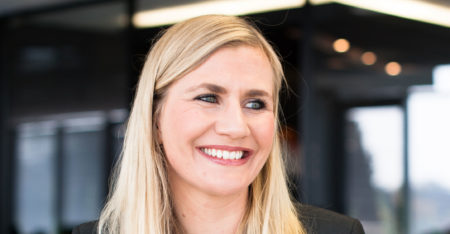
Lorien Gamaroff, the founder and CEO of Bankymoon, believes that virtual currencies and blockchain technology are the “Internet of the next generation”, with potential to disintermediate banks, clearing houses and central securities depositories.
Akin to how many people failed to grasp how profound the impact of the Internet would be on nearly every area of life and business, so the blockchain will “transform our lives in ways we can’t imagine”, he says.
A software developer, Gamaroff launched Bankymoon to help companies figure out use cases for the blockchain in their businesses. Targeting the financial services industry, Bankymoon is a gold member of AlphaCode, a Rand Merchant Investments club for fintech start-up entrepreneurs.
The blockchain is a technology that enables entities, including people, to transact and trade assets directly with each other without the need for an intermediary. These transactions are stored in the blockchain forever, ensuring the assets cannot be copied or sent to multiple people.
It’s not only virtual currencies, such as bitcoin, that can be transferred via blockchain.
The blockchain can facilitate the transfer of shares and title deeds for example, but can also be used for clearing and settlement, or as a “remittance rail”, Gamaroff explains.
In other words, it can transfer currencies across borders by converting them from a hard currency into a virtual currency and then back into a hard currency when they reach their destination.
Bankymoon, for example, has introduced blockchain smart meters into poor schools in South Africa, whereby bitcoin is used to prepay for electricity using a crowd-funding platform.
According to Gamaroff, the idea behind creating a virtual currency, such as bitcoin, arose from the desire to replicate the qualities of gold in digital form.
This was in part a reaction to the global financial crisis, Gamaroff notes, which exposed the inherently vulnerable nature of currencies and global money supply, as central banks embarked on money printing sprees in an attempt to inject liquidity back into financial markets.
As with gold, bitcoins are easy to exchange, divisible, fungible (they can be interchanged with other goods of the same type) and rare.
Only 21m bitcoins are available, and so far, 14m have been “mined” or accessed. “Bitcoin miners are processing transactions and securing the network using specialised hardware and are collecting new bitcoins in exchange,” explains bitcoin.org.
Depending on demand, the 21m bitcoins in existence could be divided almost infinitely into smaller units, so that you end up with 100 millionth of a bitcoin, for example.
Currently, one bitcoin is worth around US$415 (R6 370), with the price fluctuating, driven by supply and demand.
Bitcoin users are predominantly investors, says Gamaroff, as opposed to day-to-day users of the currency. Some retailers and service providers do accept bitcoins though.
Users are unprotected
Since bitcoin, and other virtual currencies, are not yet regulated — Gamaroff argues that opinions differ on how the technology should be treated — there is no external protection for users. “This has slowed the uptake of bitcoin, as has some of the bad press around exchanges being hacked,” Gamaroff admits.
For one, while the use of bitcoin leaves extensive public records via the blockchain, the precise identity of users is protected, which regulators are no doubt uncomfortable with, since this increases the risk of money laundering, tax evasion and terrorism funding.
In South Africa, financial regulators seem to have adopted a “wait and see” approach, issuing a joint statement in September 2014 warning users to be aware of the risks involved in using virtual currencies, which are not classified as legal tender in South Africa.
“The use of virtual currencies therefore depends on the other participants’ willingness to accept them,” the joint statement from national treasury noted.
Clearly, the blockchain and virtual currencies have the potential to disrupt credit card companies and banks, in that users can send assets directly to one another without the need for a third party. They could also enhance financial inclusion since a bank account is not needed, some payments systems are SMS based and micropayments can be easily facilitated.
Nicky Newton-King, CEO of the JSE, says that all financial market infrastructures are looking at blockchain technology to see how it might best be used. “Exchanges such as Nasdaq and ASX are starting to do small forays with the technology,” she notes.
While it’s not currently on the JSE’s technology horizon, “one can conceive of a world in the medium-term future where an exchange should be prepared to accept different types of value as payment for a trade,” Newton-King says.
“We would look how it might help us to make the value chain more efficient, how it might impact the cost of trading and how it might help security.”
- This article was originally published on Moneyweb and is used here with permission




